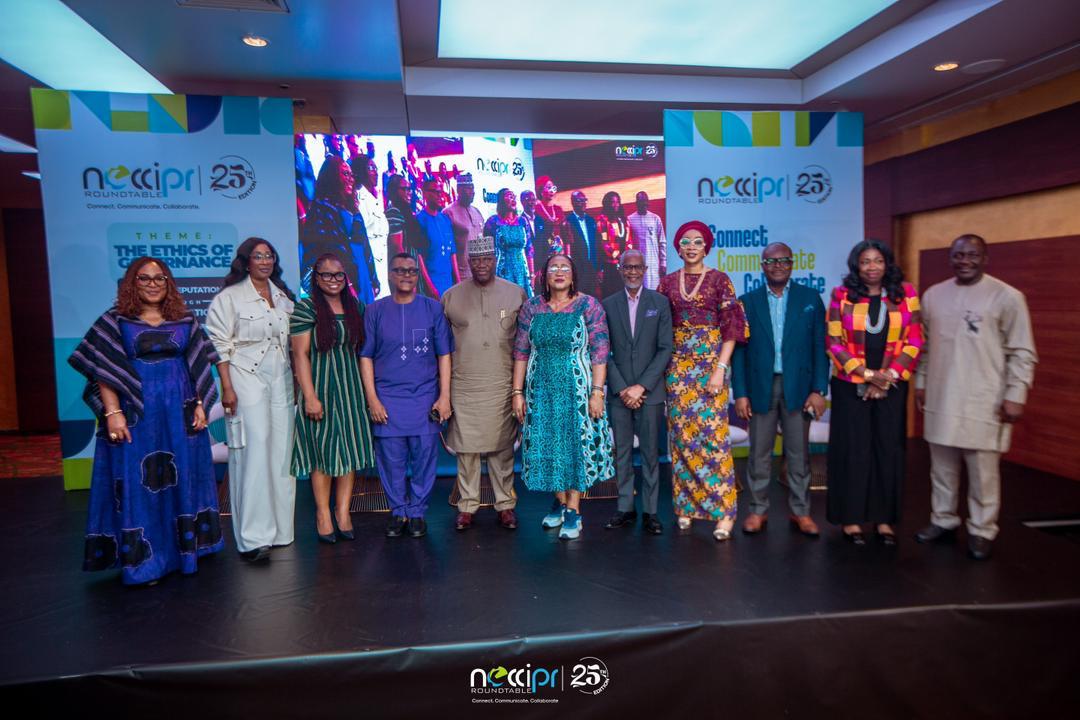Feyi Fawehinmi’s co-authored book, Formation: The Making of Nigeria from Jihad to Amalgamation – is reshaping how Nigerians understand their origins. As a Finance expert and historian, Fawehinmi remains one of Nigeria’s most trusted voices on economics, history, and governance that reverberates awareness and informing policies. In this Q&A session with Fawehinmi, we highlight his career trajectory, his method, and why he believes “numbers tell truer stories than speeches”.
“Formation” upends myths about Nigeria’s birth. Could you walk us through your expectations —like to still spark debates three years later?
We knew Nigerians wanted an origin story of the country, but its lasting impact has surprised us. The real win is seeing universities teach it or hearing young people say, “Ah, so that’s why we’re like this!” History is a compass. If “Formation” helps Nigerians navigate their country better, we’ve done our job.
Your day job is in UK finance. How does crunching numbers make you a better storyteller?
Finance teaches you to look for the truth in data. Take Nigeria’s 2006 census: I didn’t opine – I compared census results across decades and found patterns politicians and many others ignored. Same with explaining the mortgage refinance programme: if you dissect the financial architecture, you see exactly who benefits. My writing starts with “Show me the numbers.”
You’ve exposed corporate empires and CBN policies. What’s your process?
Feyi: It’s methodical. I start by asking a simple question: “Why is Nigerian cement so much more expensive than in other countries, even though it is produced in Nigeria?” That led me down the Dangote rabbit hole.
Then I follow the money: subsidies, tax breaks, FX allocations – they will always paint the real picture. Finally, I translate the technicality. If I can’t explain it to a mechanic in Agege, I’ve failed. Most Nigerian problems aren’t mysteries; they’re numbers waiting to be explained.
Why focus on dry topics like census data or exchange rates?
Dry? These issues decide if a trader in Onitsha feeds her kids! When I wrote about the CBN’s currency swap with China, so many people sent me WhatsApp messages saying they could link it to why rice prices had doubled! That’s the power of clarity. Nigeria suffers from deliberate complexity – I try to fight complexity with simplicity.
You’re a Fawehinmi. Did your uncle Gani’s legacy influence your path?
He taught me that speaking the truth should be a family tradition and each of us has a responsibility to do it. But I can only hope to achieve a tenth of what he did. He went to prison for his ideas and beliefs and suffered greatly. I’m just a writer trying to help Nigerians understand Nigeria better because Nigeria deserves honesty. I only hope I can make him proud.
What’s next? Another book?
Maybe. But right now, I’m focused on the next topic I am planning to write about Nigeria’s tax system. (Smiles). I hope Nigerians will see that now that oil is on its way out, the country’s future will need to be built on a clear and fair tax system.
Any advice for aspiring public intellectuals?
Feyi: Two rules. The first is that you should master your craft: I’ve spent 15 years in finance to be able to write one paragraph that changes minds.
Secondly, write like you’re texting a friend: If it sounds like a UN report, bin it.
Nigeria doesn’t need more pundits – it needs translators.






